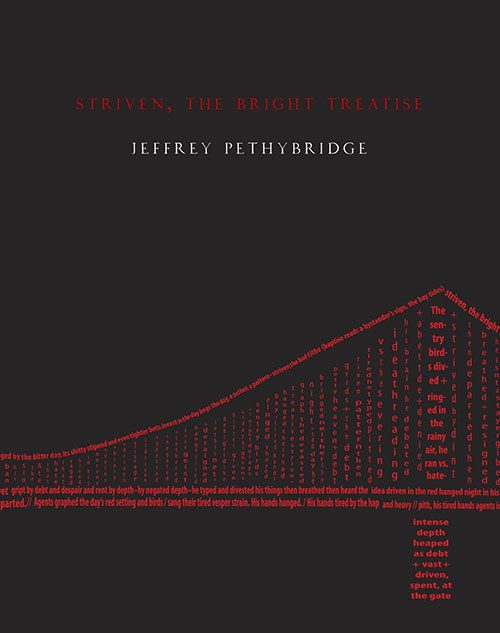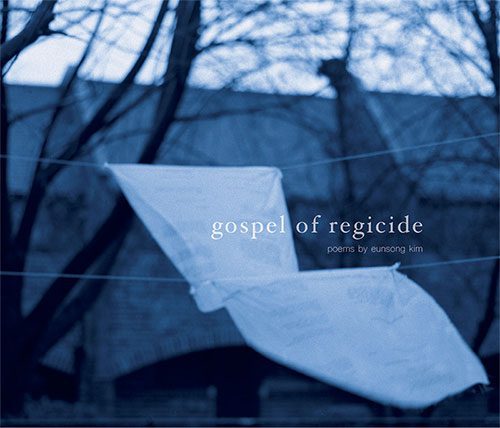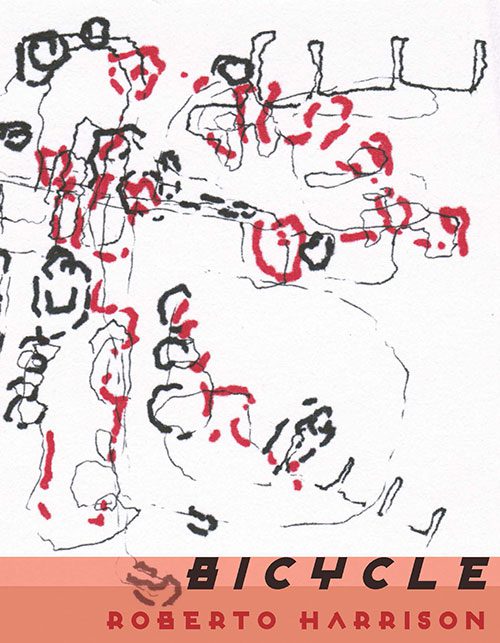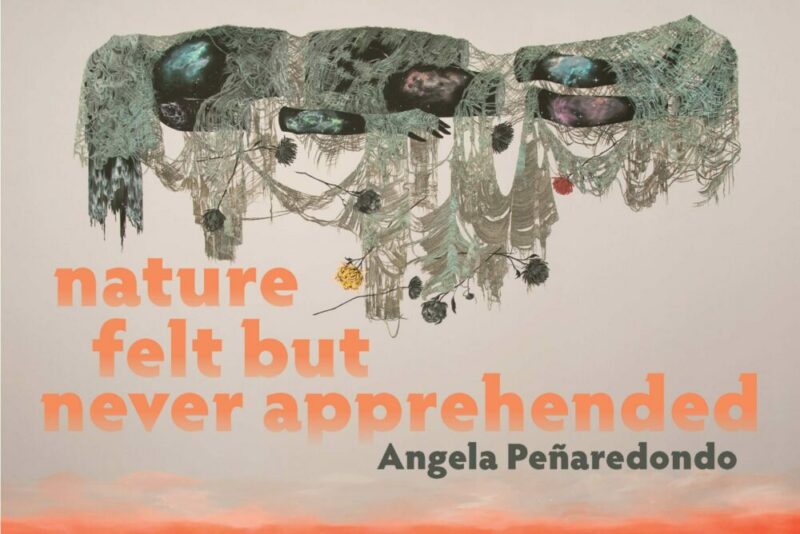You Da One
by Jennif(f)er Tamayo
$9.99 – $18.00
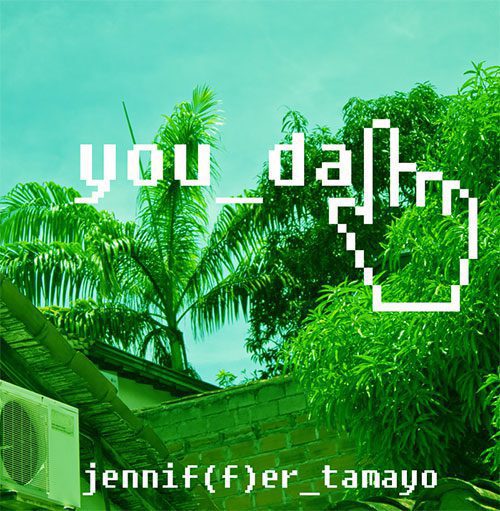
Blurbs
“I am addressable”—Jennifer Tamayo’s You Da One, is a maliciously filial exploration of packaged familial relations. Professional Detail: suggest face-to-face interplay with the severed head of Gwenyth Paltrow in Se7en. Is that your daughter? Is she a box? Tamayo posits a slick surface of home and determinate location only to scrape it through a landfill of epistolary detritus, Spanglish, and pop music. Daddy-daughter playtime becomes a sweet serial narrative, caught and unraveling on the jagged edge of obedience. There is no manicured heaven here, nor any logic of quotation, simply the primordial spit of techno-banality from which emerges the thrill of the partial. Look into those $50 bona fide baby blues: you (the one) you’re on a lawn, your hand is in a bowl of grapes. Look at the camera, darling, smile for Mommy in your best interior composition!
Trisha Low
Reviews
By turns violent, political, romantic, incestual, cerebral, bodily, and personal, this second full-length from Tamayo (Red Missed Aches) bears the formal markings of the hypermodern in its deployment of digital, pop, and intertextual elements. Written after her first trip back to her native Colombia in 25 years, the book is indebted to Rihanna, Barthes, and Aimé Césaire, whose texts she mines voraciously. Those influences, as well as the spectres of Alfred Molina and the author’s father, haunt the page, intermixed with screen captures, cheap internet advertising, deliberate misspellings, and pun-ridden Spanglish.
Publishers Weekly
